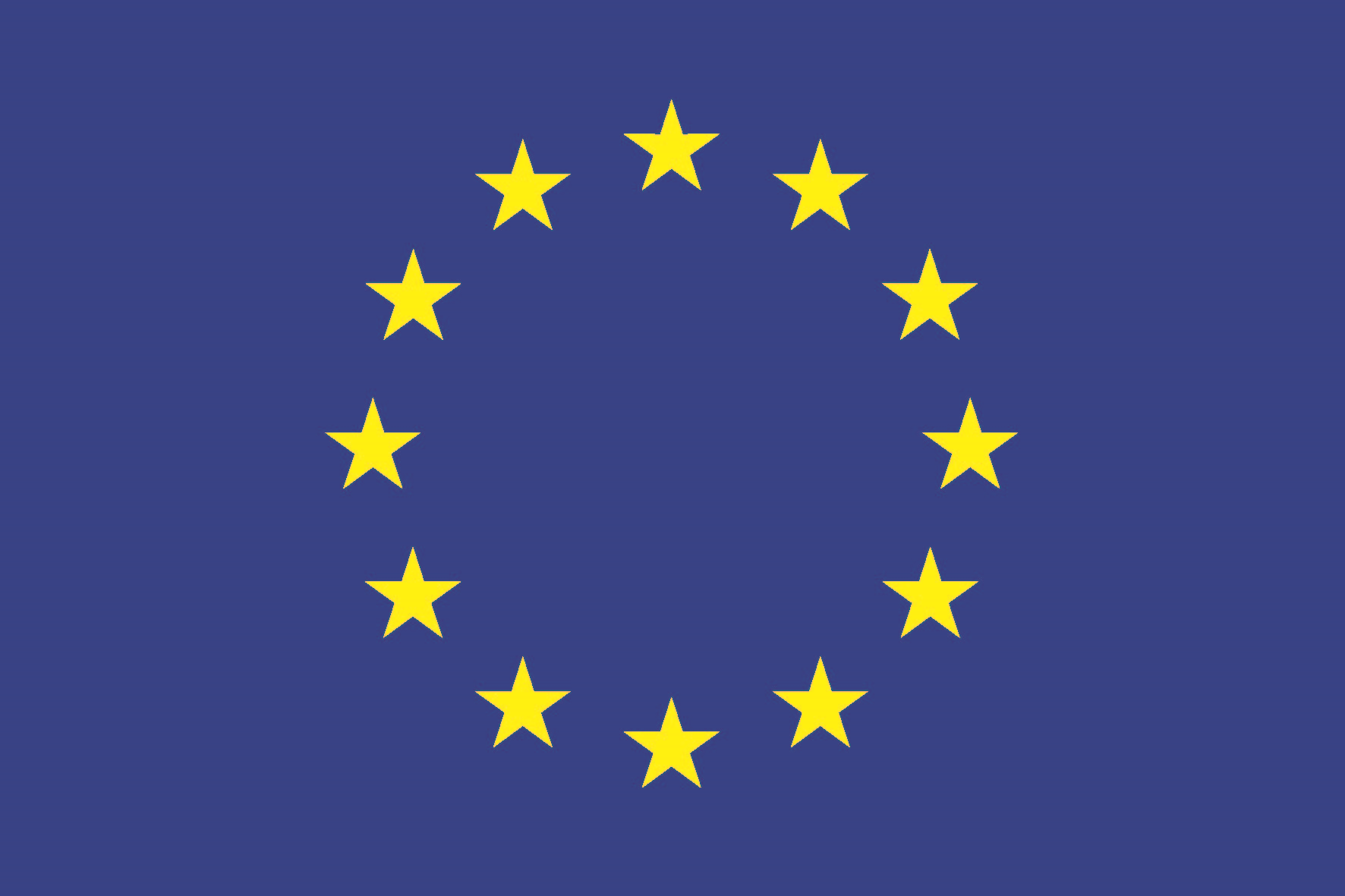Establishing a common framework for food waste definition and identifying its drivers
|
|
A major research work conducted by FUSIONS for the European Commission aimed at identifying the main causes of food waste generation all along the food supply chain. FUSIONS has published the results of this study in the report Drivers of current food waste generation, threats of future increase and opportunities for reduction. The causes of food waste generation are multiple, and the study enabled their classification: thirteen questionnaires were filled in by the FUSIONS’ experts, who brought to light 286 current causes of food waste. The analytical approach of the study was organised by a matrix combing the seven food supply chain segments (primary production; processing of agricultural staples; food processing and packaging; wholesale and logistics; retail and markets; food service; households) and three context categories. |
|
|
FUSIONS has been working on providing a Definitional Framework for Food Waste since 2012. FUSIONS conclusions, published in July 2014, deliver the main definitional choices for food and drink waste. Food waste estimates have been suffering from the lack of a unique and agreed upon definition, and therefore include different fractions of resources which makes them difficult to compare and to monitor trends. By approaching food waste within a consistent definition through FUSIONS’s work, the European Commission hopes to enhance the comparability, transparency and reliability of food waste estimates and to harmonise datasets. |

 Copyright © 2016 | EU FUSIONS |
Copyright © 2016 | EU FUSIONS |